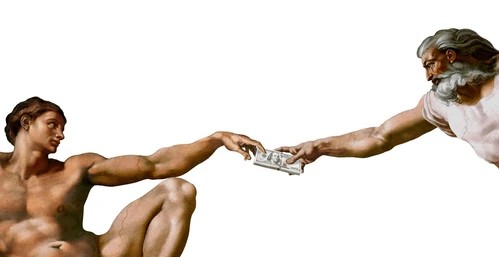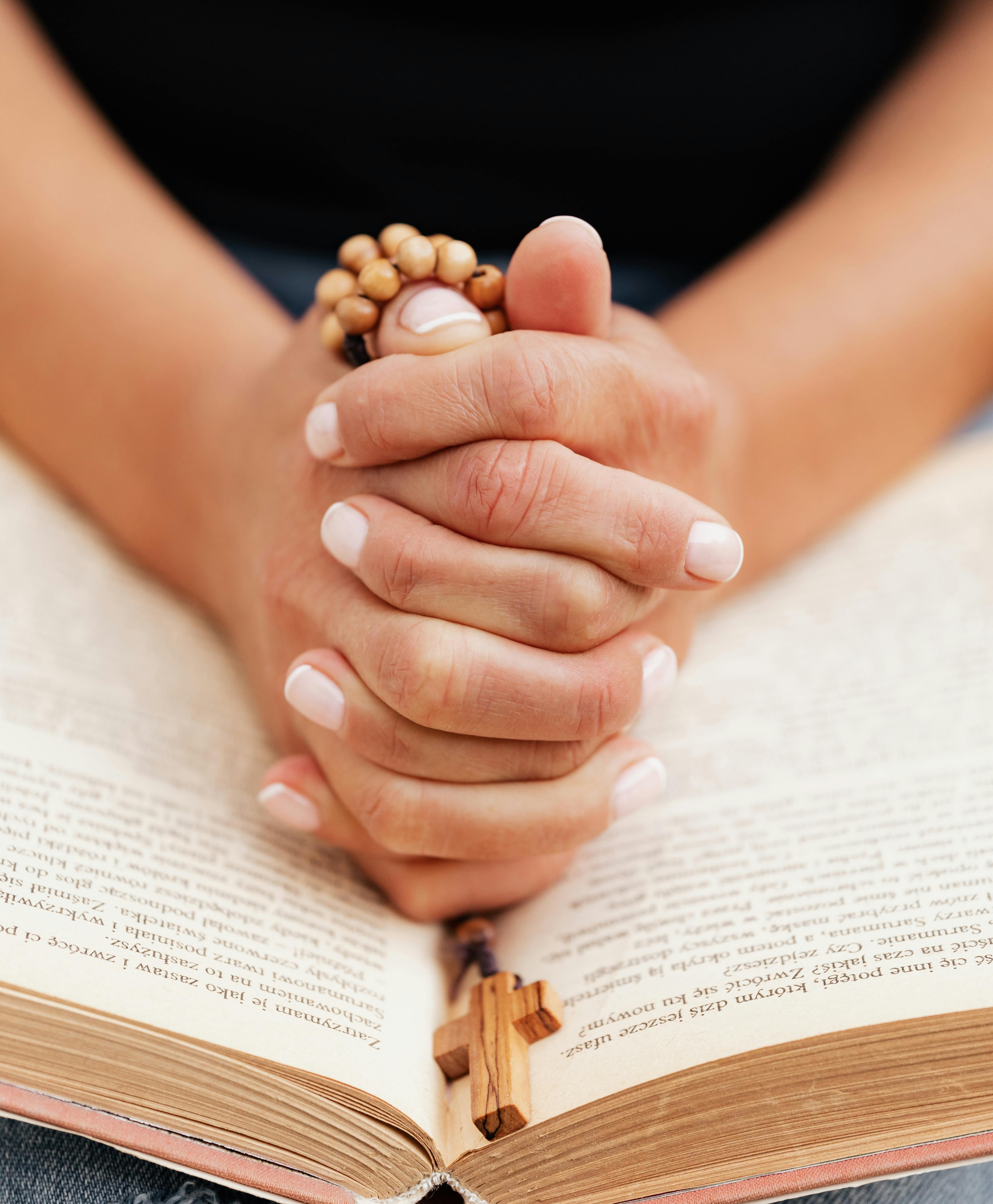.jpg)
In this Sunda's Gospel (Luke 10:25-37) we encounter a man beaten and robbed, and left for dead. But he is not alone. Although several pass by, none of them stop except for a good Samaritan, an outsider who is also shunned by the world. He does not pause to assess risks, but goes to help the beaten man with great unconditional love. We discover who his true neighbor really is. His generous and brave actions speak louder than his few words, showing that the beaten man despised by the world is worthy of love and care. The good Samaritan offers more than just words but bandages the wounded man, provides transportation and arranges his ongoing care. Neighbor is defined as anyone in need, not just those in our immediate proximity or closely related to us. We see that all humanity, despite what the world may say, is valued by God.
This gospel parallels God extending his hand to our wounded humanity. He offers us healing and eternal life if we only give Him, like Our Lady, our unconditional “yes” and turn back to Him in complete trust from going about our own destructive paths. It challenges us to see others beyond superficial differences and extend our mercy to others regardless of background and circumstances. Love is not just a feeling but a decision, to act with practical service and acts of kindness. This is possible with God’s help and the gift of faith, a grace always worth asking for. For as Jesus says, “With God, all things are possible” (Matthew 19:26).
Ultimately love is a response to the heavenly Father’s love for us. We love because He loved us first (1 John 4:19). We are called to offer God’s love and healing in a world in need of both, to actively look for opportunities to show love and compassion.
Reflection by Sr. Catherine, OP
Image: Watts, George Frederic. "The Good Samaritan", 1904.










